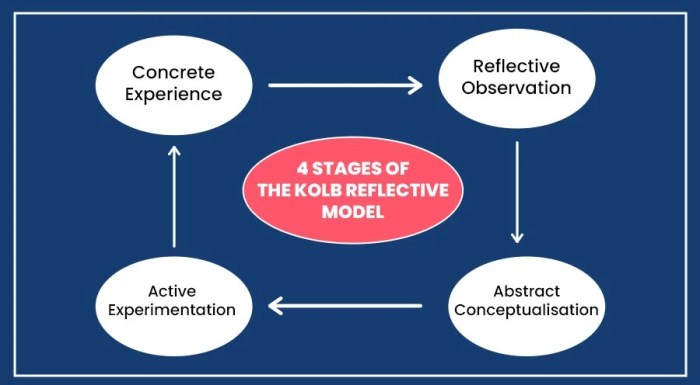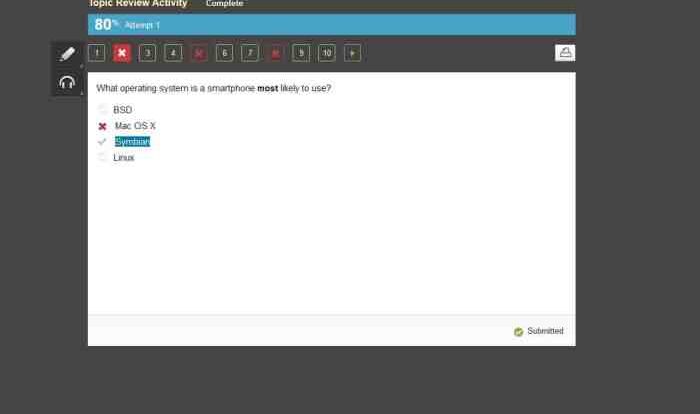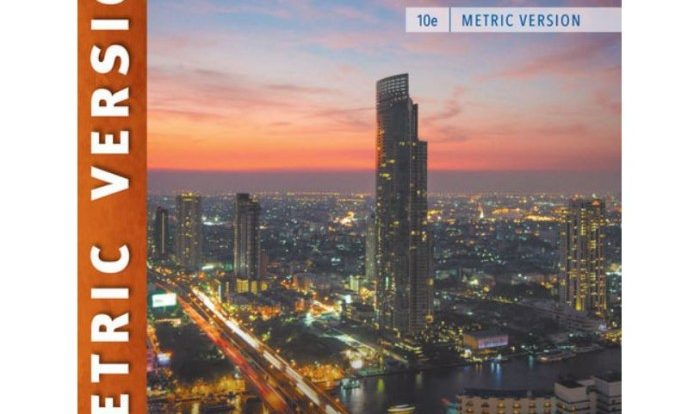Embark on a journey of academic excellence with our APHUG Unit 1 Practice Test. This invaluable resource is meticulously designed to equip you with the knowledge and strategies necessary to conquer the actual exam.
Our practice test mirrors the format and rigor of the official exam, providing you with an authentic testing experience. Delve into a comprehensive array of question types, covering the full spectrum of Unit 1 topics. Prepare to soar to new heights of understanding and confidently tackle the challenges that lie ahead.
Overview of Aphug Unit 1 Practice Test
This practice test has been designed to help you prepare for the upcoming Unit 1 exam. It covers the key concepts and topics that you will be tested on, and it will give you a good indication of the types of questions that you can expect to see.
The practice test is divided into two sections. The first section consists of multiple-choice questions, and the second section consists of short answer questions. The multiple-choice questions are worth one point each, and the short answer questions are worth two points each.
Topics Covered
The practice test covers the following topics:
- The nature of geography
- The spatial perspective
- The five themes of geography
- The geographic grid
- Map projections
- Geographic information systems (GIS)
Test Preparation Strategies
Effective preparation is crucial for success in any exam, including AP Human Geography. Here are some strategies to help you prepare and maximize your score:
Time Management Techniques
- Plan your study time wisely:Create a study schedule that allows ample time for each topic and practice questions.
- Break down the material:Divide large sections into smaller, manageable chunks to avoid feeling overwhelmed.
- Use a timer:Set a timer for each study session to stay focused and track your progress.
Question-Answering Strategies
- Read the question carefully:Identify the key terms and concepts before answering.
- Eliminate incorrect answers:Rule out any options that are clearly wrong or irrelevant.
- Consider the context:Draw connections between the question and the material you have studied.
- Explain your reasoning:If possible, provide a brief explanation for your answer choice.
Additional Tips
- Start early:Don’t wait until the last minute to start studying.
- Study in a dedicated space:Find a quiet and comfortable place where you can focus.
- Take breaks:Regular breaks can help improve retention and prevent burnout.
- Use practice tests:Simulate the actual exam experience and identify areas for improvement.
Content Analysis
The practice test serves as a valuable tool for students to assess their understanding of the key concepts and topics that will be covered in the actual AP Human Geography exam. A thorough analysis of the test content will enable students to identify areas where they excel and areas that require further reinforcement.
Understanding these concepts is crucial for success on the actual exam as they form the foundation of the subject matter. By mastering these concepts, students will be well-equipped to analyze and interpret geographical information, apply geographical concepts to real-world scenarios, and communicate their findings effectively.
Key Concepts
- Spatial Distribution: The arrangement of features on Earth’s surface and the patterns that emerge from their distribution.
- Spatial Interaction: The connections and relationships between places and the flows that occur between them.
- Environmental Processes: The physical and biological processes that shape Earth’s landscapes and ecosystems.
- Cultural Processes: The ways in which humans interact with their environment and create cultural landscapes.
- Political Processes: The ways in which power is organized and exercised at different scales.
Topics Tested, Aphug unit 1 practice test
The practice test covers a wide range of topics within each key concept, including:
- Spatial Distribution: Population distribution, land use patterns, resource distribution, and environmental hazards.
- Spatial Interaction: Migration, trade, communication, and transportation.
- Environmental Processes: Climate, weather, water resources, and landforms.
- Cultural Processes: Language, religion, ethnicity, and social organization.
- Political Processes: State formation, territoriality, and international relations.
Question Types and Formats
The practice test utilizes a variety of question types to assess your understanding of Unit 1 content. Familiarizing yourself with these formats will help you approach the test with confidence.
Here are the main question types you can expect:
Multiple Choice Questions
- Present a question or statement with multiple answer options.
- Choose the single best answer that aligns with the provided information.
- Read the question carefully, eliminate incorrect options, and select the most accurate choice.
True/False Questions
- Provide a statement and ask you to indicate whether it is true or false.
- Carefully evaluate the statement and determine its accuracy based on your knowledge.
- If you are unsure, consider the context and eliminate obvious false statements.
Short Answer Questions
- Ask you to provide a brief, specific answer in your own words.
- Answer concisely and directly, using key terms and concepts.
- Organize your answer logically and support it with evidence from the course material.
Essay Questions
- Present a topic or question and ask you to provide a more detailed, structured response.
- Develop a clear thesis statement and support it with evidence and examples.
- Organize your essay coherently and use proper grammar and spelling.
Sample Questions and Answers
The practice test includes a variety of questions that cover the key concepts and skills tested in Unit 1 of AP Human Geography. These questions are designed to assess your understanding of the course material and your ability to apply it to real-world situations.
Here are some sample questions from the practice test, along with detailed explanations of the correct answers:
Geographic Processes and Patterns
- Question:Which of the following is the best definition of a geographic process?
- Answer:A geographic process is a sequence of events that occur over time and shape the Earth’s surface. Geographic processes can be either natural or human-induced.
- Question:What is the difference between a positive and negative feedback loop?
- Answer:A positive feedback loop amplifies the initial change, while a negative feedback loop counteracts the initial change.
Population
- Question:What is the difference between birth rate and fertility rate?
- Answer:Birth rate is the number of live births per 1,000 people in a population, while fertility rate is the average number of children born to a woman during her reproductive years.
- Question:What are the four stages of the demographic transition model?
- Answer:The four stages of the demographic transition model are: Stage 1 (high birth rates and high death rates), Stage 2 (high birth rates and declining death rates), Stage 3 (declining birth rates and declining death rates), and Stage 4 (low birth rates and low death rates).
Culture
- Question:What is the difference between material culture and non-material culture?
- Answer:Material culture consists of the physical objects that a culture produces, while non-material culture consists of the ideas, beliefs, values, and customs of a culture.
- Question:What is the role of diffusion in the spread of culture?
- Answer:Diffusion is the process by which cultural traits spread from one place to another. It can occur through various mechanisms, such as migration, trade, and travel.
Agriculture
- Question:What are the three main types of agricultural systems?
- Answer:The three main types of agricultural systems are: subsistence agriculture, commercial agriculture, and plantation agriculture.
- Question:What are the factors that affect the distribution of agricultural land use?
- Answer:The factors that affect the distribution of agricultural land use include climate, soil quality, water availability, and topography.
Industry
- Question:What are the four main factors that influence the location of industries?
- Answer:The four main factors that influence the location of industries are: raw materials, labor, transportation, and markets.
- Question:What is the difference between a primary industry and a secondary industry?
- Answer:A primary industry is involved in the extraction of raw materials, while a secondary industry is involved in the processing of raw materials into finished goods.
Assessment of Practice Test: Aphug Unit 1 Practice Test
Evaluating the effectiveness of a practice test in preparing for the actual exam is crucial to ensure its usefulness. This involves examining the strengths and weaknesses of the test to identify areas for improvement.
The APHUG Unit 1 practice test is a great way to prepare for the exam. It covers all of the topics that will be on the test, and it’s a good way to get a feel for the format of the questions.
After completing the practice test, you can check out the country duo Brooks & ___ to relax and unwind. Then, come back to the APHUG Unit 1 practice test and review the questions you got wrong. This will help you identify areas where you need to improve your understanding.
Strengths
- Comprehensive Coverage:The practice test covers a wide range of topics and concepts, ensuring that students are exposed to the material that will be tested on the actual exam.
- Realistic Format:The test mimics the format of the actual exam, providing students with a sense of what to expect and reducing test anxiety.
- Immediate Feedback:The practice test provides immediate feedback on student performance, allowing them to identify areas where they need to focus their studies.
Weaknesses
- Limited Scope:While the test covers a range of topics, it may not include all the specific material that will be on the actual exam.
- Potential for Bias:The practice test may not be representative of the actual exam in terms of difficulty or question types.
- Time Constraints:The practice test may not accurately reflect the time constraints of the actual exam, which can lead to students feeling rushed or unprepared.
Suggestions for Improvement
- Increase Coverage:Expand the practice test to include a more comprehensive range of topics and concepts.
- Review and Revise:Regularly review and revise the practice test to ensure it remains up-to-date and aligns with the actual exam format.
- Provide Detailed Feedback:Offer detailed feedback on student performance, including specific areas where they need improvement and suggestions for further study.
- Incorporate Timed Practice:Include timed practice sessions to simulate the time constraints of the actual exam.
Additional Resources and Study Materials
To enhance your preparation for the AP Human Geography Unit 1 practice test, consider exploring the following resources:
- College Board AP Human Geography Course and Exam Description:This official document Artikels the content and skills tested on the exam.
- Khan Academy AP Human Geography:Provides video lessons, practice questions, and full-length practice exams.
- Crash Course AP Human Geography:Offers engaging video lessons that cover the key concepts of the course.
- AMSCO AP Human Geography Textbook:A comprehensive textbook that covers the content of the course in detail.
- ExamEdge AP Human Geography Practice Questions:Provides a collection of practice questions with detailed explanations.
Additionally, consider joining online forums or study groups to connect with other students and discuss course material.
Query Resolution
What is the purpose of the APHUG Unit 1 Practice Test?
Our practice test is designed to provide you with an authentic testing experience, helping you identify areas for improvement and develop effective test-taking strategies.
What types of questions are included in the practice test?
Our practice test encompasses a wide range of question types, including multiple choice, short answer, and essay questions. These questions cover the full scope of Unit 1 topics, ensuring comprehensive preparation.
How can I use the practice test effectively?
To maximize the benefits of our practice test, simulate actual testing conditions by setting aside a dedicated time to complete it. Carefully review your answers and identify areas where further study is needed. Use the test as a diagnostic tool to pinpoint your strengths and weaknesses.



